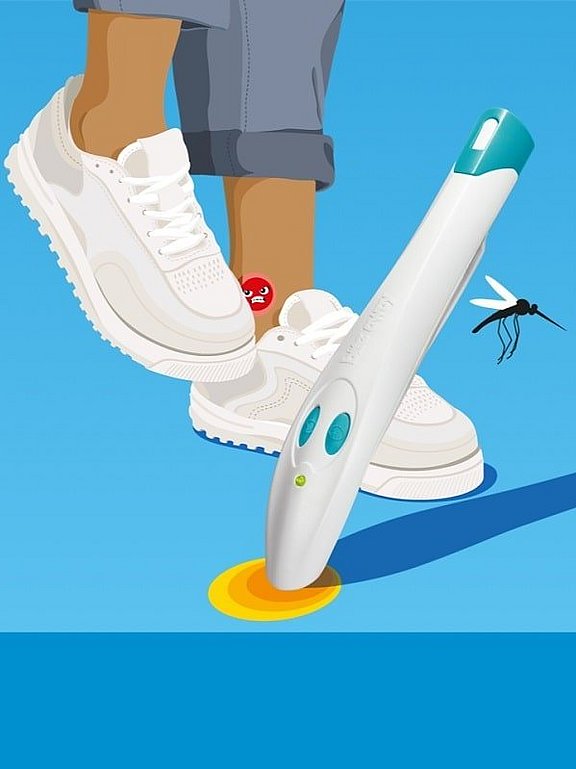Sow the seeds of gardening greatness this summer: How to be prepped for horticulture at home
It’s fair to say that gardens have become like gold dust during this particularly tropical lockdown period. Although we have now been allowed slightly more freedom to roam outside, the garden remains for many a safe haven of fresh air and relaxation. The links between positive mental health and spending time in the garden are firmly established, and gardening in particular is known to be very therapeutic for many. In fact, 45% of us are coping with lockdown by gardening.
Keen gardeners have probably relished this time at home, or in their allotments, to really get the hours in perfecting their masterpieces. But a lot of newbies just getting into horticulture during lockdown, might be feeling lost about where to begin. This handy guide will help you dodge some of the unexpected pitfalls you might encounter when getting down to gardening.
1. Plan your plot
All the tools and no clue what to do? Before embarking on any gardening work, it’s important to work out what type of horticulture you want to pursue, whether it be vegetables, herbs, flowers or all three. Once you’ve made your decision, it’s important to scope out the right area of your garden to dedicate to planting. However, before buying any seeds or bulbs, it’s essential to clear the ground and improve the soil to make it as fertile as possible to aid great growing. Once you’re all set, make sure to select plants that are appropriate for the season to avoid disappointment. If you don’t have a garden – don’t worry! Make use of your windowsills, terraces and porches to grow either fragrant florals or low-fuss veg like cress or cherry tomatoes.
2. Beware of bites and stings
Unfortunately for us, insects love our gardens as much as we do – particularly in the summer months. Whether you’re at the ground-clearing stage or already beginning to water your budding plants, you’ll likely be in close contact with bugs like mosquitoes, bees, wasps, hornets and horseflies. So, it’s important to have help on hand immediately if you happen to get stung or bitten. To soothe any itching, pain or swellings caused by insect bites and stings try bite away® – it’s a completely chemical-free treatment, clinically proven to relieve symptoms in just two minutes! The concentrated heat technology triggers a response in the body when applied directly to the skin, providing effective relief from the first application. Pocket-sized and boasting a long battery life, it’s easy to keep bite away® with you at all times while gardening.
3. Don’t give your body a battering
You might scoff at the thought of gardening being as strenuous as a sporting activity, but this really can be the case, especially if you’re a rookie. As with any sport, you should get into a routine of stretching before and after a session in the garden to warm up and cool down your muscles. Common gardening injuries include lower back pain, ligament and joint strain, and excess pressure on the knees and shoulders. To avoid this, don’t try to complete all your gardening tasks in one day – build up your time in the garden gradually and take regular breaks every 30-60 minutes. Use a knee pad or cushion when kneeling and make sure to use tools that are lightweight and sharp. It’s also important to vary your tasks throughout the day in order to avoid hours of repetitive movement. This will keep you in ship shape for all your gardening glory.
4. Stay sun savvy
When you’re in the thick of weeding, planting or pruning on a hot summer’s day, you’re an easy target for sunburn and heatstroke. Suffering from either of these will make gardening the next day very painful indeed, but keeping safe in the sun is simple. Apply SPF30+ sunscreen generously every few hours when out in the garden. Additionally, you should wear a cap or sunhat to protect your face and head from the sun’s glare. It’s also crucial to take regular breaks in the shade and to drink plenty of water to avoid dehydration.
5. Don’t become the rose in between two thorns
Depending on what you’re planting, you could be at risk of nasty cuts from thorns, prickles and spikes. Invest in a pair of high-quality gardening gloves to protect your hands and lower arms and try to wear long sleeves and trousers where possible. Bare feet are also a no no – gardening shoes will shield your feet from any unwelcome cuts or splinters. If you do happen to cut yourself, make sure you have a first aid kit on hand containing antiseptic cream and plasters to start the healing process quickly.
